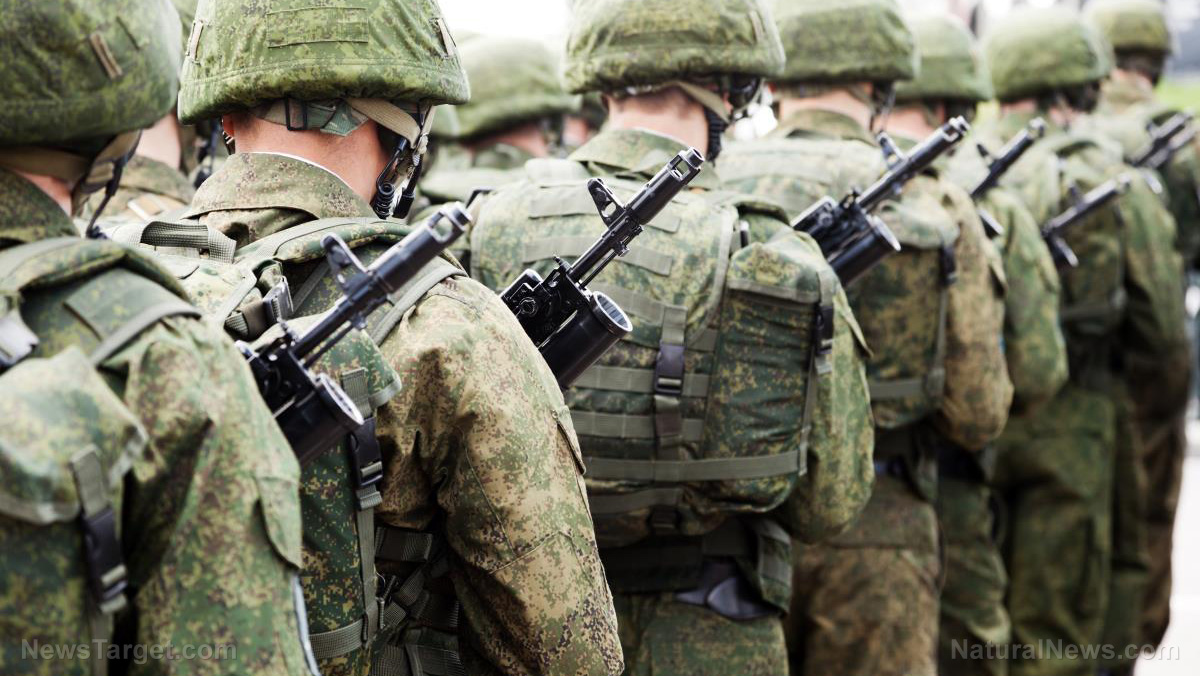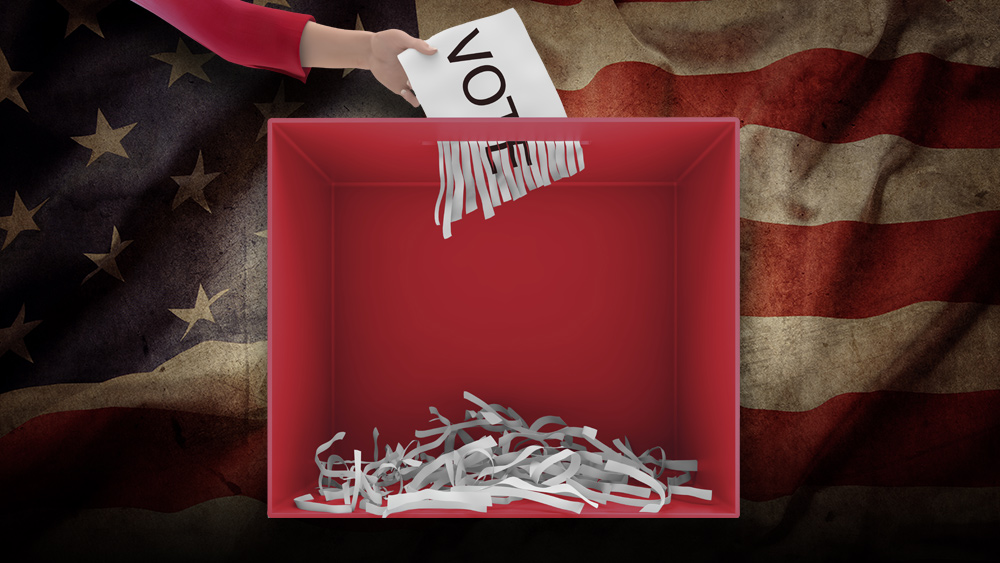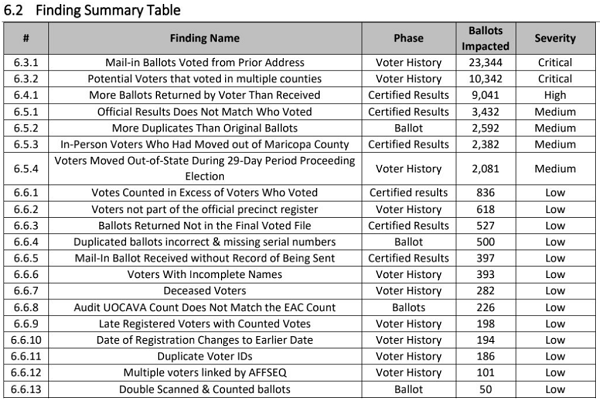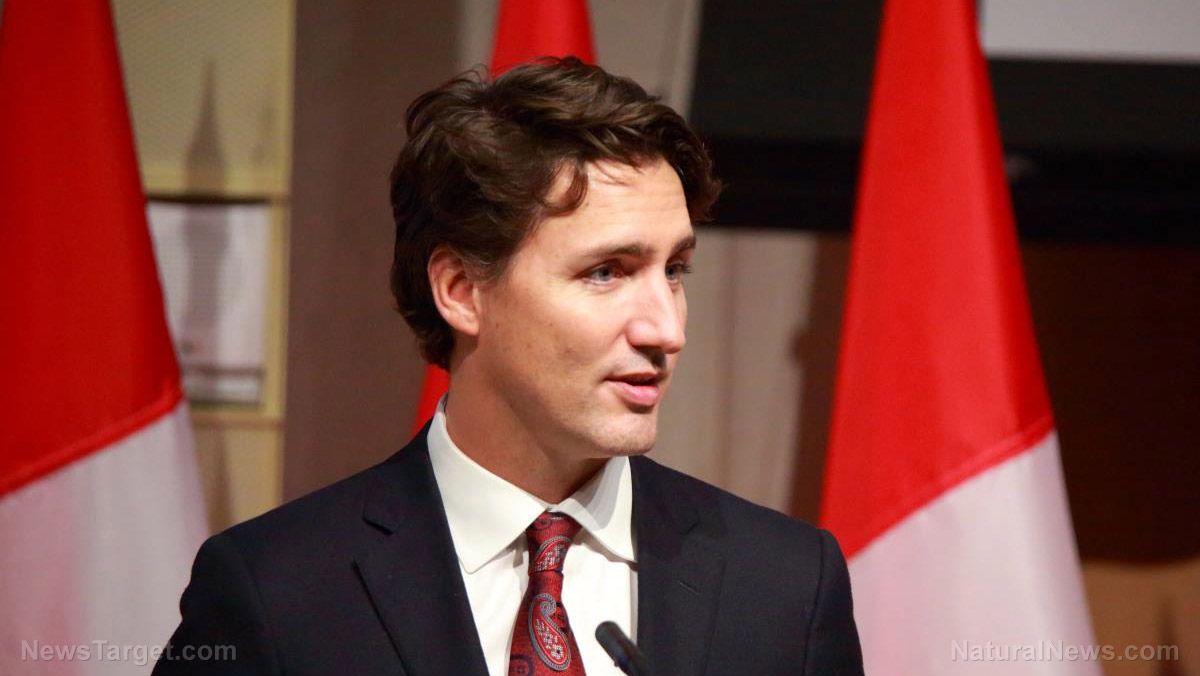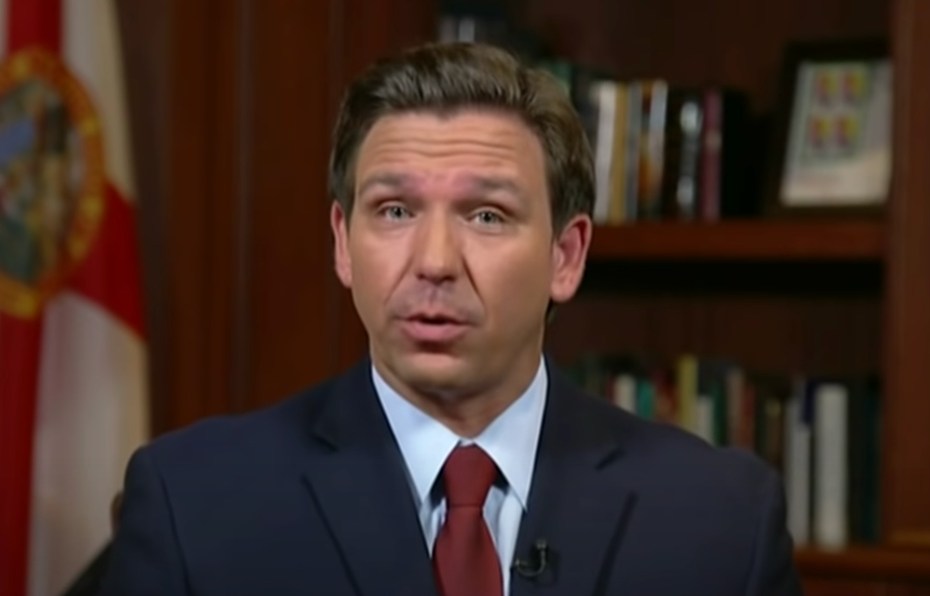Report: Crypto exchange Binance still serving Iranian clients, allowing them to trade despite sanctions
11/10/2022 / By Arsenio Toledo

Cryptocurrency exchange Binance has been aiding Iranian firms to circumvent American sanctions intended to cut Iran off from the global economy by processing nearly $8 billion worth of transactions since 2018.
With over 120 million users, Binance is the world’s largest platform for exchanging cryptocurrency assets with fiat money or even with physical assets like gold and silver.
The allegations against Binance have come following a review of blockchain data by New York-based blockchain researcher Chainalysis. The firm found that some $7.8 billion worth of funds, either in crypto assets or in fiat money, flowed between Binance and Nobitex, Iran’s largest cryptocurrency exchange. (Related: US Treasury probes crypto platform Kraken over alleged sanctions violations.)
Around 75 percent of the funds that passed through Binance were in the form of a relatively low-profile cryptocurrency called Tron, the 15th most valuable cryptocurrency asset in the world.
Tron provides users with the option to conduct transactions without providing personal information. This, combined with its position as a relatively obscure crypto asset, caused Nobitex to single it out in a blog post earlier this year as a reliable token clients can use to trade anonymously without “endangering assets due to sanctions.”
In addition to Tron, the remainder of the transactions were done using major cryptocurrencies like bitcoin and ether and smaller tokens like tether, XRP and litecoin.
Data shows that some $2.95 billion in crypto assets moved directly from Iranian exchanges, including Nobitex to Binance since 2018. A further $5 billion in crypto moved between Iranian exchanges and Binance through a series of intermediaries.
The use of intermediaries and other “indirect” flows of crypto assets has been described as a red flag for crypto exchanges as it is an indicator of possible money laundering and sanctions evasion. Nobitex strongly recommends using intermediaries and avoiding direct transfers of crypto from Iranian exchanges to foreign platforms to “maintain security.”
Binance claims it is following sanctions rules and not doing business with Iran
Binance and its founder and CEO Changpeng Zhao have repeatedly denied the allegations of the company’s purported dealings with Iran.
Back in July, Reuters reported that Binance was still serving clients in Iran and that the exchange is proving to be very popular in the country. The day this article came out, Binance published a blog post claiming that it follows international sanctions rules regarding Iran and blocks access to the platform to anyone with an Iranian IP address.
Binance also claimed that, since it is not an American company, it does not have the same obligations with regard to sanctions that United States-based crypto exchanges have.
Using his personal Twitter account, Zhao posted a series of tweets dismissing Reuters‘ investigation as “fake news.”
“Binance banned Iranian users after sanctions, seven got missed/found a workaround, they were banned later anyways,” he wrote. “I didn’t even have to write the response. Users know. Don’t treat your users (or readers) like they are dumb. You will lose them. Reputation is the most valuable asset.”
Since Aug. 2021, Binance has asked customers who want to open accounts and use its services to provide identification. But since then, the exchange has processed almost $1.05 billion in trades directly from Nobitex and other Iranian crypto exchanges, according to Chainalysis data.
Since July of this year, right after Binance and Zhao put out statements denying links with Iran, Binance has processed around $80 million in Iranian trades.
Learn more cryptocurrency news on CryptoCult.news.
Watch this news clip discussing Binance’s complicity in aiding Iran to evade sanctions.
This video is from the Chinese Taking Down Evil CCP channel on Brighteon.com.
More related articles:
Sources include:
Submit a correction >>
Tagged Under:
Binance, blockchain, Bubble, Chainalysis, Changpeng Zhao, conspiracy, corruption, crime, criminals, crypto cult, cryptocurrency, cryptocurrency exchange, deception, finance, financial crimes, Iran, money supply, Nobitex, sanctions, traitors
This article may contain statements that reflect the opinion of the author
RECENT NEWS & ARTICLES
COPYRIGHT © 2017 BIG GOVERNMENT NEWS


